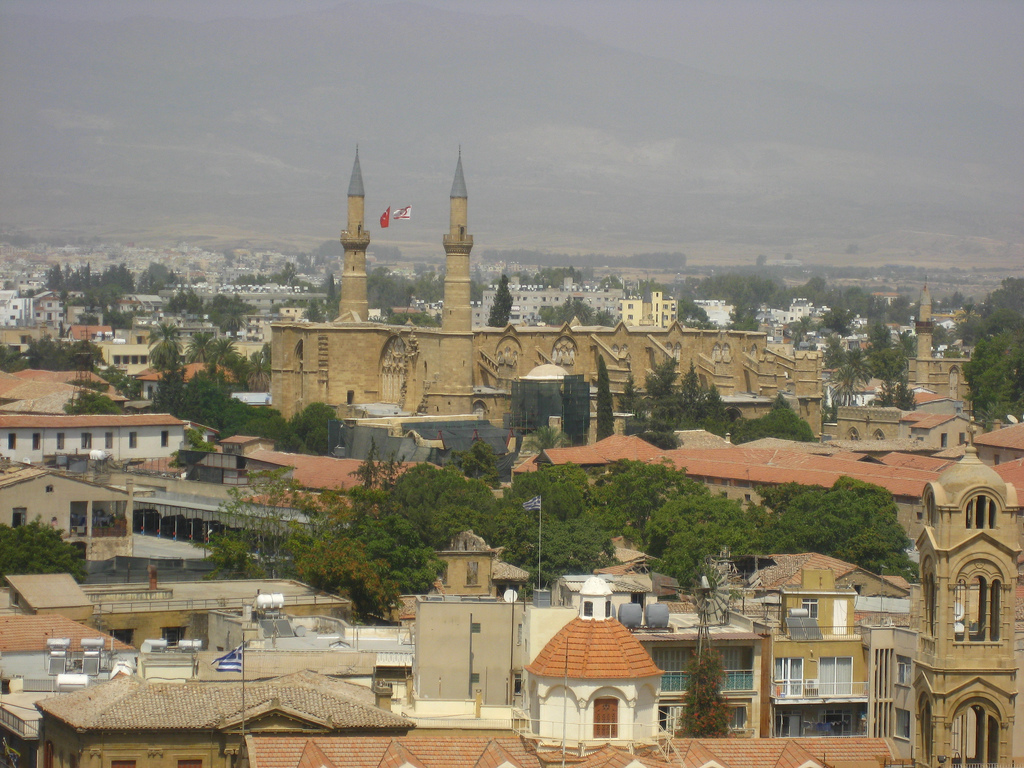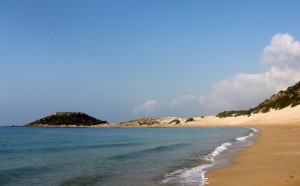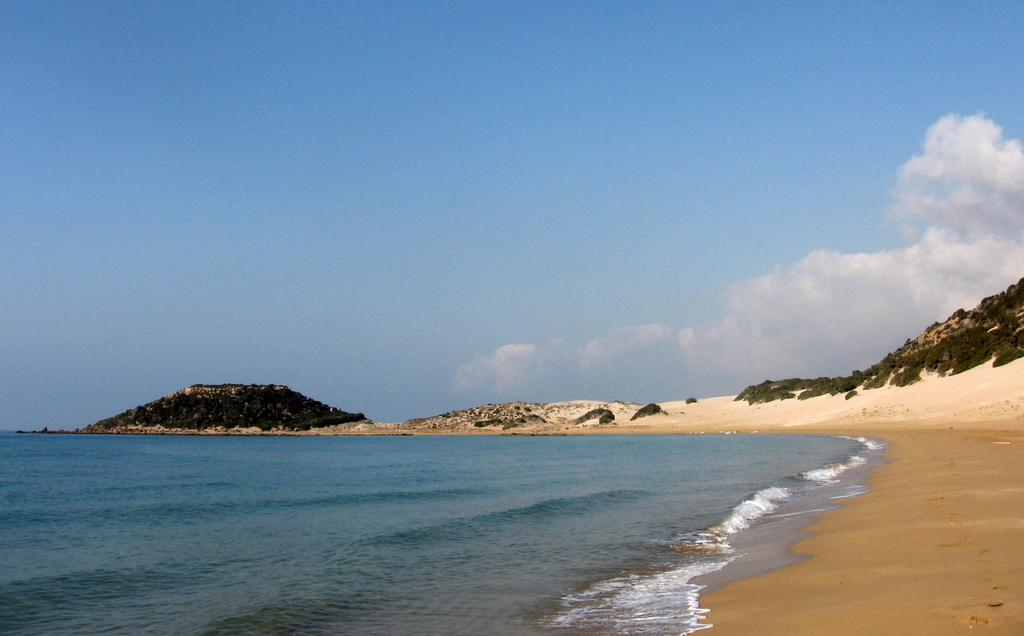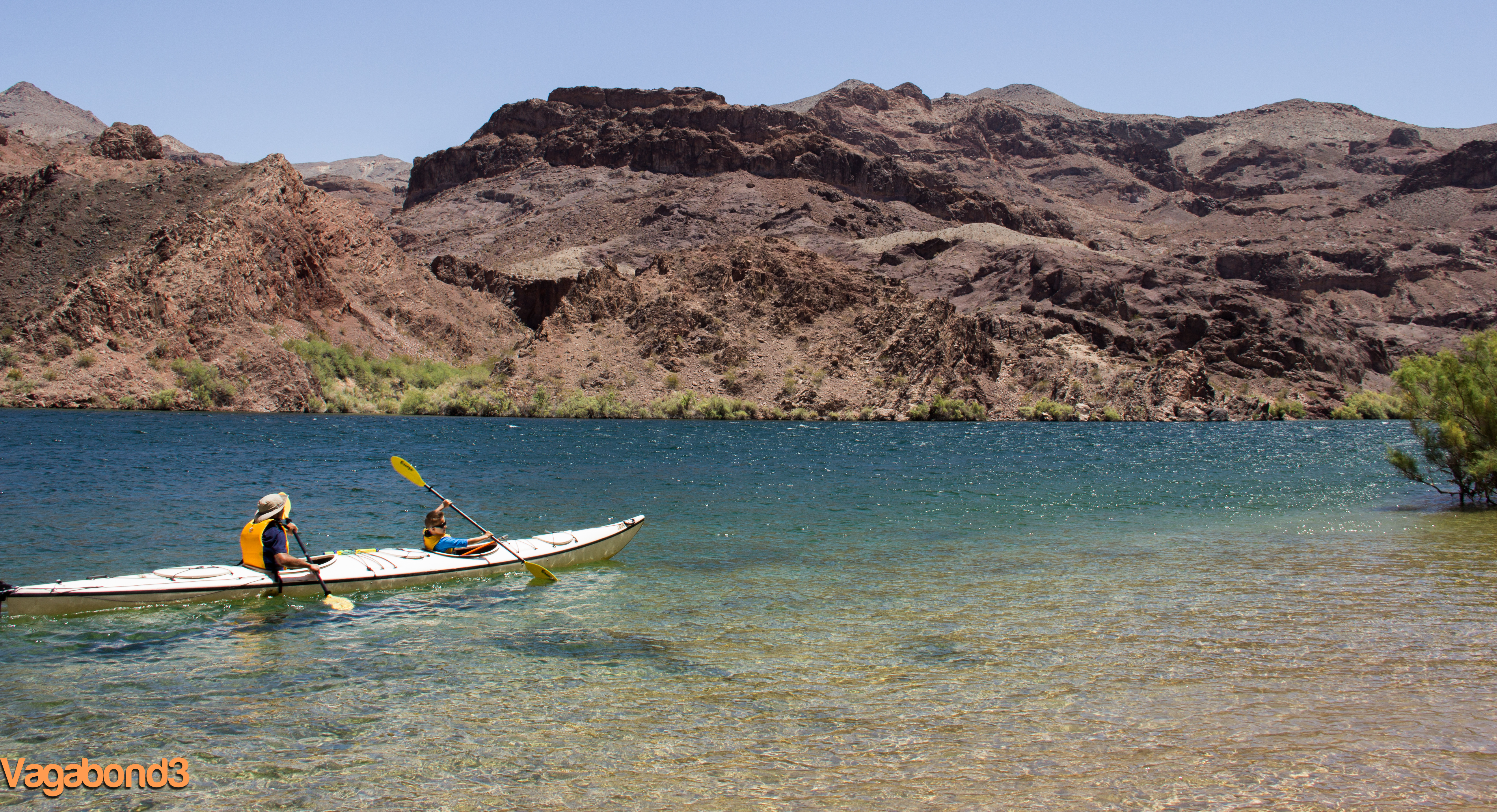
Cyprus has had a fascinating history, entirely due to its position at the Eastern end of the Mediterranean, close to Palestine and Turkey. Conquerors from the West used it as a stepping stone to the riches of the Orient, with the likes of Alexander the Great and Richard the Lion Heart rock-hopping their way to immortality and an early death far from home. Eastern potentates such as Sargon II, Cyrus, Ptolemy II and Caliph Harun Reshid did the same in the opposite direction, and Cyprus bears the marks of all these characters and their vaulting ambitions.
Cyprus was important just so long as Syria and Egypt were the preoccupations of Western rulers, and when a sea route round the Cape of Good Hope was discovered the island was relegated to history’s sidelines. Only when the Suez Canal opened in the 19th century did it resume its historic role of controlling the local trade.
With loads of cheap flights to Cyprus available now, it’s a great time to head off for this stunningly beautiful jewel of an island. The northern and southern parts of Cyprus are of course divided, but each has its own attractions and the people, of whatever extraction, are unfailingly friendly and helpful, eager to show off their island’s many delights.
Lawrence Durrell was clearly captivated by the unique magic of Cyprus because it not only features in many of his writings, such as the Alexandria Quartet and Bitter Lemons, but he himself lived here for many years in the village of Bellapais, now called Beylerbeyi. Durrell was once told by the Greek elder of the village that if he wanted to achieve anything he should not sit under a tree there called the Tree of Idleness, the only example of its kind in the world, because if he did he’d never get anything done. This anecdote perfectly illustrates the attitude of unhurriedness that still prevails here, and the tree incidentally is also still in its place, lazy as ever.

In Northern Cyprus there is less sense of organisation when compared with the Southern part of the now divided island. While driving around here you’ll notice that the ancient ruins littering the landscape are not hedged in with fences or provided with neat signs, and whilst this may be irritating to perfectionists it allows such features to blend in with their surroundings in a natural and picturesque way. They are part of the attraction of the great countryside walks you can have, stopping off at local cafes and restaurants for some delicious local cuisine. There are also numerous, uncluttered stretches of sandy beach sloping gently down into the crystal waters of the Mediterranean, great for sunbathing, sailing and swimming.
For those who like to combine local authenticity with a more international and modern lifestyle, there is a sizeable colony of Europeans settled in Northern Cyprus now, mainly Germans and British. The hotels and restaurants along the coast between Guzelyurt and Girne (old Kyrenia) are mostly run be these expats. It’s nice to know they’re there, and at the same time nice to know that they’re largely confined to a fairly small area, for when you want to avoid them.
AUTHOR: David Elliott is a freelance writer who loves to travel, especially in Europe and Turkey. He’s spent most of his adult life in a state of restless excitement but recently decided to settle in North London. He gets away whenever he can to immerse himself in foreign cultures and lap up the history of great cities.



